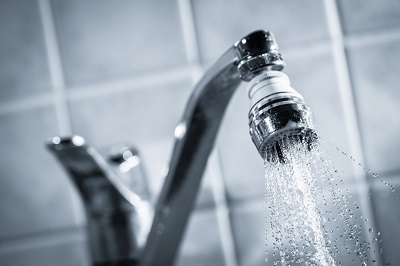
With the right plant selection and proper care, your backyard can be a great source of fresh produce and organic ingredients. Instead of tending to purely decorative grasses and flowers, consider growing vegetables and planting fruit-bearing shrubs, herbs, and edible plants. You can even rotate your crops every season to take advantage of the weather and enjoy various delightful treats all year-round.
http://www.rainfilltanks.com.au/info-articles/using-rainwater-tanks-tips-gardens-edible-plants/





